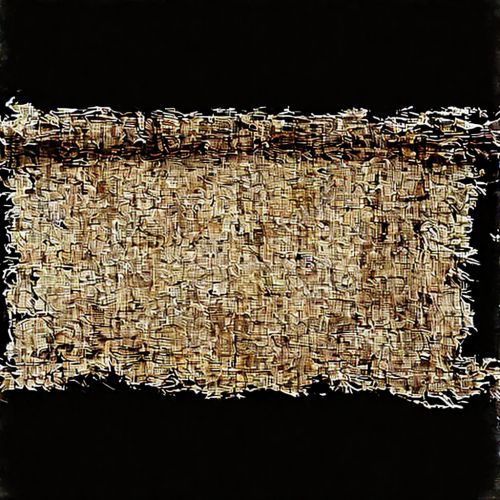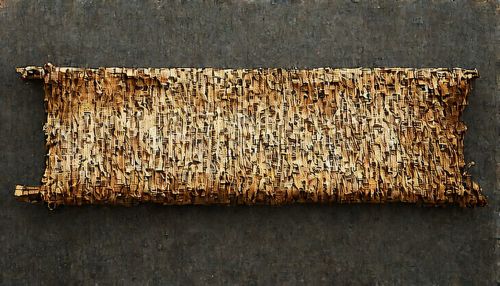Classical poetry
Introduction
Classical poetry refers to the formal verse that originates from the classical period of ancient Greece and Rome. This form of poetry is characterized by its strict adherence to formal structure, meter, and rhyme, and is often associated with high culture and intellectualism. The most common forms of classical poetry include the epic, the ode, and the elegy, each with its own distinct structure and thematic concerns.


Historical Context
Classical poetry has its roots in the oral tradition of ancient Greece, where poets such as Homer and Hesiod composed epic poems that were recited at public gatherings. These poems were later written down and have since become some of the most influential works in Western literature. The classical period of ancient Rome, which followed the Greek period, also produced many notable poets, including Virgil, Horace, and Ovid.
Forms of Classical Poetry
Epic Poetry
Epic poetry is a form of classical poetry that is characterized by its long narrative structure and grand, heroic themes. The most famous examples of epic poetry are Homer's Iliad and Odyssey, which tell the stories of the Trojan War and Odysseus's journey home, respectively.
Ode
An ode is a form of classical poetry that is typically written in praise or celebration of a person, event, or concept. Odes are often characterized by their formal structure and lofty language. The most famous examples of odes in classical poetry are the odes of Horace and Pindar.
Elegy
An elegy is a form of classical poetry that is typically written in response to the death of a person or the loss of something deeply valued. Elegies are often characterized by their mournful and melancholic tone. The most famous examples of elegies in classical poetry are the elegies of Propertius and Ovid.
Influence on Later Poetry
Classical poetry has had a profound influence on later poetry, both in terms of its form and its themes. Many later poets, including those of the Renaissance, the Romantic period, and the Modernist period, have drawn on the forms and themes of classical poetry in their own work. For example, the sonnet, a form of poetry that was popular during the Renaissance, is directly influenced by the structure and themes of classical poetry.
Conclusion
Classical poetry, with its formal structure and grand themes, has left a lasting legacy on Western literature. Its influence can be seen in the work of many later poets, and its forms and themes continue to be explored and reinterpreted in contemporary poetry.
